Coronavirus Pandemic : Cameroon Rolls Out Prevention, Control Measures
- Par Kimeng Hilton
- 07 oct. 2022 17:41
- 0 Likes
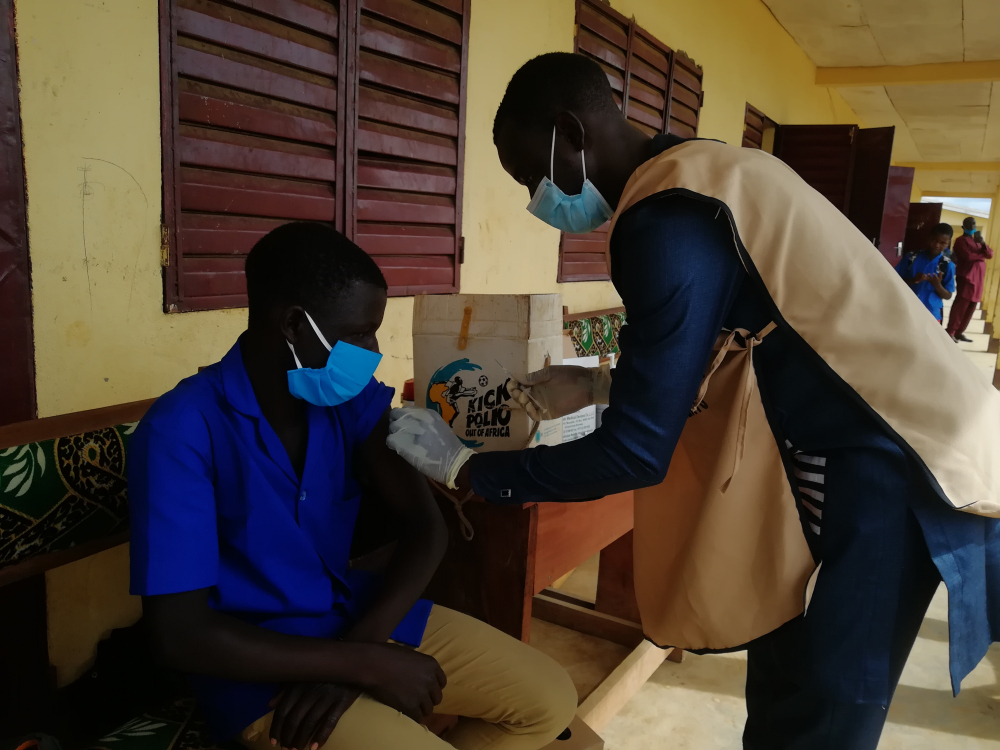
The 12-month project funded by the United States Agency for International Development, USAID, is implemented by the Ministry of Public Health, in collaboration with the United Nations Children’s Fund, UNICEF.
Since March 2020, Cameroon has been grappling with successive waves of the Coronavirus or COVID-19 pandemic. And the resultant surge in new infections. On August 17, 2021, the World Health Organization, WHO, announced it had not reported any new COVID-19 cases and deaths in Cameroon. Bringing the total number of confirmed cases then to 82,454; with 1,338 deaths.
Vaccination, The Key
However, the risk of COVID-19 infections remains high, as only 0.3 per cent of the Cameroonian population is fully vaccinated. The international community, including the United States Agency for International Development, USAID, other US government agencies; the United Nations Children’s Fund, UNICEF and WHO, among others, have been mobilizing urgent financial support to assist Cameroon to prevent and control the spread of COVID-19. Given that COVID-19 pandemic and related response efforts continue to evolve, UNICEF Cameroon committed to ensure that all USAID-funded activities are informed by evidence-based interventions and implemented in compliance with latest USAID guidelines.
USAID Financing
The 12-month “Preventing and Responding to COVID-19 in Cameroon” project is financed by the United States Agency for International Development, USAID at the cost of 500,000 US dollars (about 334.5 million FCFA). With focus on urban centres, refugee and internally-displaced communities, the project covers the North West, South West and East Regions. It is implemented by the Ministry of Public Health in collaboration with the United Nations Children’s Fund.
Media Tour
It was for this reason that a team of journalists from September 26-29, 2022 undertook a media tour of the Bertoua, Garoua-Boulai and Doume Health Districts in the East Region. Led by the Ministry of Communication, the journalists were also accompanied by UNICEF Cameroon staff. The objective was to inform the donor and the public on the efforts made by the Cameroon government and UNICEF to respond to the Coronavirus pandemic. Using the Risk Communication and Community Engagement, RCCE strategy, sensitization is carried out on the ground by women’s groups under the oversight of the Ministry of Women’s Empowerment and the Family. And youth groups under the Ministry of Social Affairs. The latter uses the Social Behaviour Change, SBC communication approach.
Project Objectives
“Preventing and Responding to COVID-19 in Cameroon” seeks to prevent the spread and importation of COVID-19. And to quickly detect and appropriately respond to outbreaks in order to minimize the overall impact of the pandemic through RCCE. And to improve Infection Prevention Control, IPC measures and Water, Sanitation and Hygiene, WASH services. As well as to provide USAID prioritized and approved critical equipment and supplies to meet urgent needs.
The Targets
The project targets 5,000 people for training in RCCE and a million others through mass and social media with COVID-19 prevention and vaccine-related messages. Some 5,000 people are to be assisted with USAID-funded oxygen-related commodities such as Pressure Swing Absorption and Vacuum Swing Adsorption plants; oxygen concentrators; pulse oximeters; and other critical commodities and supplies.
Previous Work, Results
Earlier, UNICEF Cameroon, with USAID support, from April 2020-May 2021, successfully implemented COVID-19 activities that addressed Risk Communication and Community Engagement, Infection Prevention and Control, and Water, Sanitation and Hygiene, WASH. The activities took place in COVID-19-designated health facilities and isolation and treatment centres, and other targeted instit...
Cet article complet est réservé aux abonnés
Déjà abonné ? Identifiez-vous >
Accédez en illimité à Cameroon Tribune Digital à partir de 26250 FCFA
Je M'abonne1 minute suffit pour vous abonner à Cameroon Tribune Digital !
- Votre numéro spécial cameroon-tribune en version numérique
- Des encarts
- Des appels d'offres exclusives
- D'avant-première (accès 24h avant la publication)
- Des éditions consultables sur tous supports (smartphone, tablettes, PC)






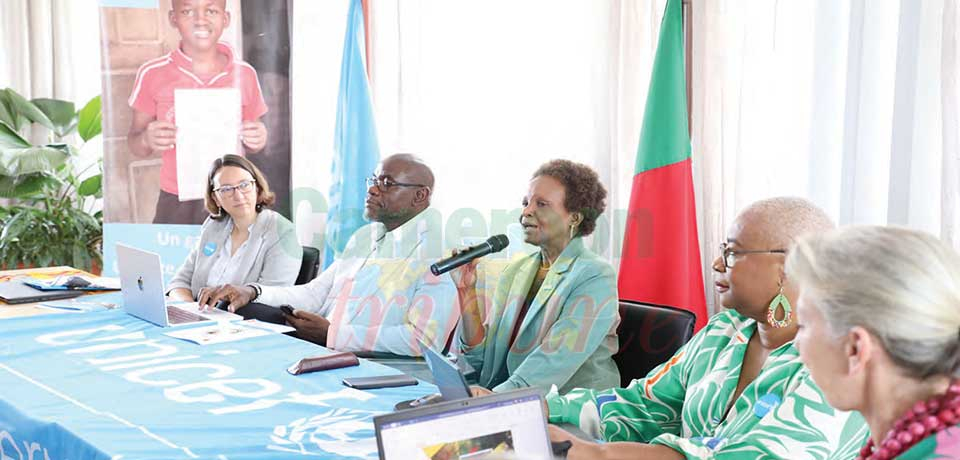
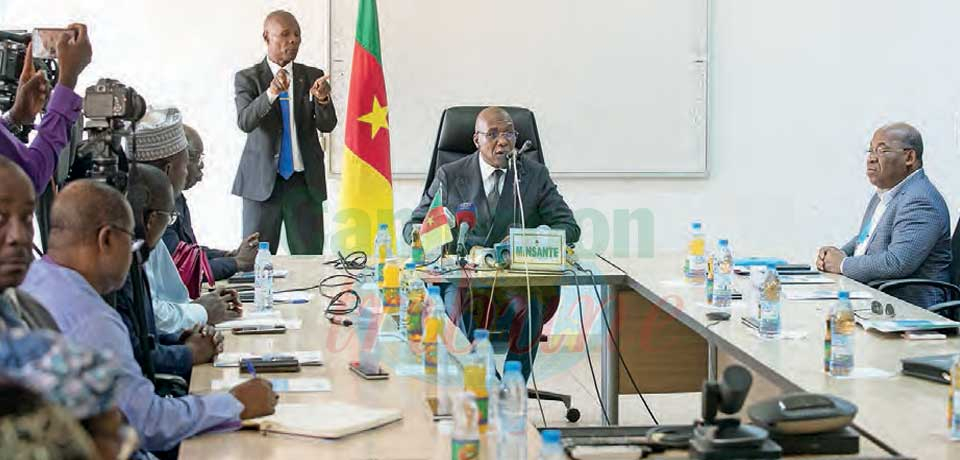
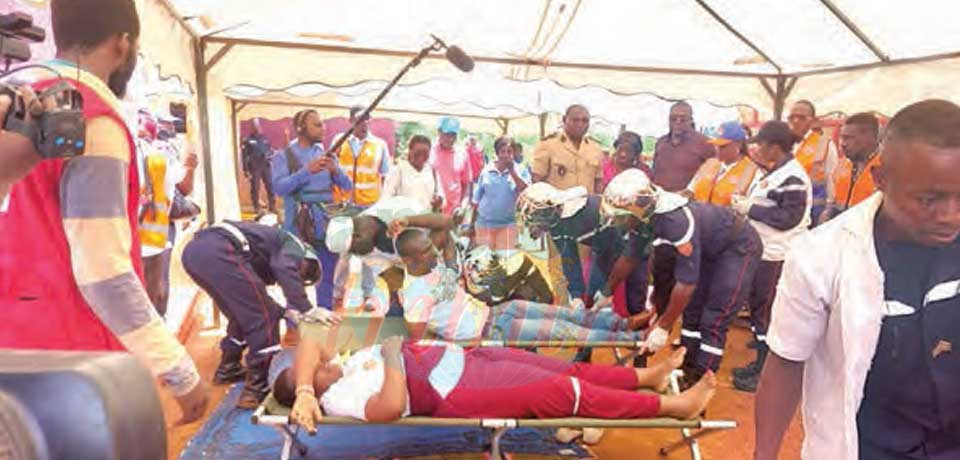
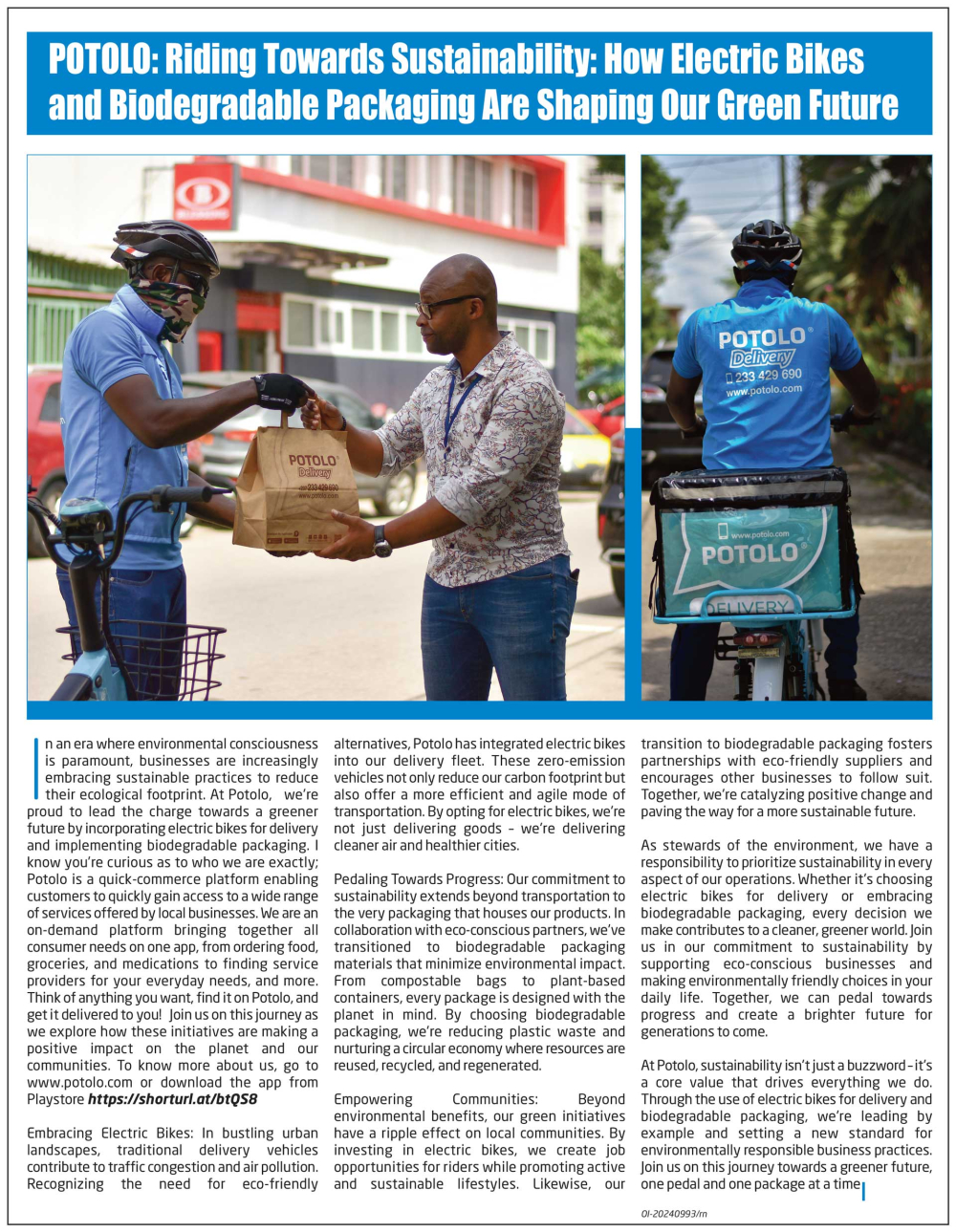
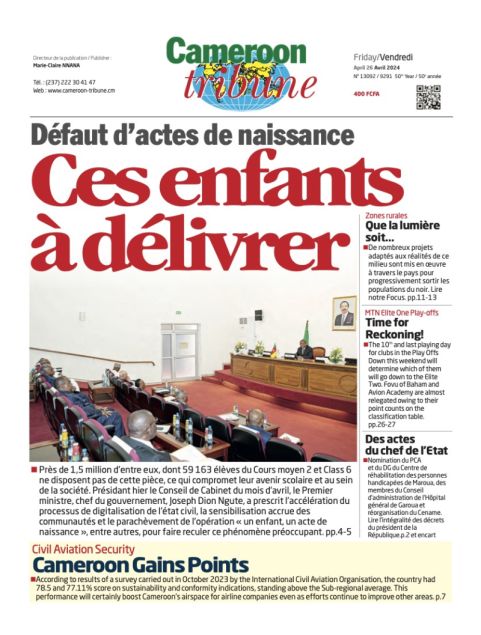




Commentaires